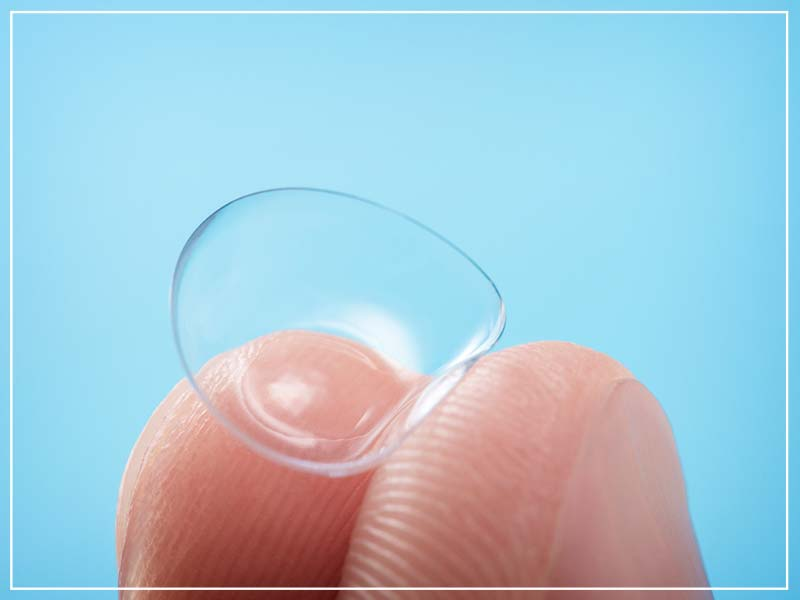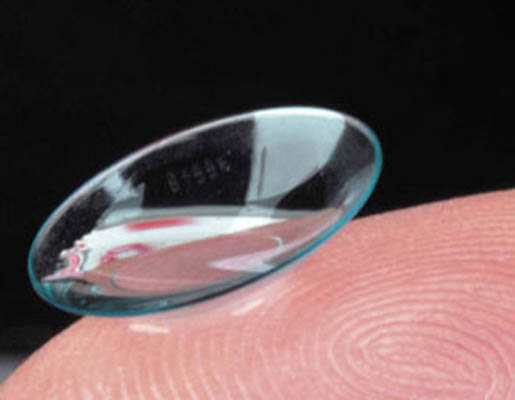LASIK eye surgery is a major procedure that requires deliberate planning and preparation. All things being equal, you won’t undergo surgery more than once in a lifetime. Having established that, you will agree that it is essential for every LASIK patient to do all he can to get ready for the experience. So, if you have been diagnosed to go for LASIK, you need to start the preparation now.
Howbeit, you will only prepare properly when you already know what to expect during and after the procedure. Meanwhile, it is difficult to tell you precisely what to expect during and after LASIK eye surgery as the procedure varies from one ophthalmologist to another.
However, there are certain things you need to watch out for no matter where you enroll for the surgery. Based on experience, you cannot undergo LASIK surgery successfully unless you have taken care of all these necessary aspects. Without a doubt, having this information will help you have a smooth surgery experience and consequently speed up your recovery process.
What are the essential things to do before the LASIK procedure?
Once you have been diagnosed with LASIK surgery, you need to do the initial evaluation. During this evaluation process, your ophthalmologist will have to examine your affected eye to determine whether you are qualified for the LASIK procedure or not.
Mind you, the initial evaluation itself requires you to make proper preparation. Here are some of the essential things you need to do before going for the examination.
Firstly, you need to stop wearing contact lenses before going for the initial eye evaluation. If you are the type that prefers contact lenses to eyeglasses, now is the time to switch. Wearing contact lenses or full time before an eye evaluation can bring negative consequences and pose further damages to the patient’s eyes. A few of the complications that may arise from this situation include a poor surgical plan and inaccurate measurement, which may result in poor vision after the LASIK procedure.
Let me tell you what happens typically in that case. When you stop wearing contact lenses, it will change the actual shape of your cornea for more than a month. Depending on the type of contact lens you are wearing, your cornea might remain in that incorrect shape for much longer. Now, if you proceed to visit an ophthalmologist when your cornea has not been restored to its natural shape, you might not have a good result at the end of the examination.
So, what do you do? It is a good idea that you start wearing eyeglasses full time immediately after you have decided to go for LASIK surgery. That way, you will make it easier for your doctor to have an accurate diagnosis. Your doctor would be able to determine the volume of corneal tissue to remove from your eye and how to go about the entire LASIK procedure to achieve the best result. You might need to visit the ophthalmologist consistently to ensure your eye is ready for surgery.
Having established why you need to stop wearing contact lenses before the LASIK procedure, the following questions should be: When? When you are going to stop wearing your contact lenses depends on the type of contact lens you are wearing, which takes us to the following headline. You can read about The Pros and Cons of LASIK Eye Surgery to Help You Decide by clicking here.
The different types of contact lenses and when to stop wearing them
There are three major contact lenses available in the eye treatment world. They are soft contact lenses, toric contact lenses, and hard contact lenses.
- Soft contact lenses:
If you wear this type of lens, you need to stop wearing it about two weeks before the initial eye evaluation. Meanwhile, it is essential to make sure the two weeks are up to 14 days. At that time, your cornea would have been restored to its initial shape before the examination day came.

- Toric soft lenses:

This contact lens is also called Rigid Gas Permeable (RGP). Any patient wearing RGP should make sure he stops wearing it three weeks before the actual evaluation day.
- Hard contact lenses:
As you might have also expected, hard contact lenses have more effect on the eyes. Due to that, you need to have stopped wearing this lens four weeks before the evaluation date.
You also have a few things to do when the evaluation day comes. The doctor needs your cooperation for the evaluation to succeed, so you need to be ready to help him carry out the assignment perfectly.
Be honest and detailed enough when telling your ophthalmologist about your past and present overall medical condition, which includes your eyes and every other part of your body. More so, you must tell your doctor about the medications you have been taking to correct your vision. Make sure you include the over-the-counter medications you are taking and those medications that react negatively in your body. Visit https://www.coavs.edu.pk/ to read about the College of ophthalmologists.

It is the responsibility of your doctor to evaluate after he might have asked you a series of questions. But before then, he would tell you a few necessary things, which may include:
- How qualified you are for the LASIK procedure
- The risks, advantages and alternatives of LASIK eye surgery
- All the things you need to expect before, during, and after the LASIK procedure
- All of your responsibilities before, during and after the LASIK procedure
Make sure you ask your doctor every question that pops up in your mind during this questions and answer period. If there are some who can’t remember at the moment, ask for some time to think about it. It is a good idea to write those questions down before you meet the doctor to ensure that you ask all the necessary questions before the evaluation starts. These questions will help the doctor to determine whether you are qualified for the LASIK procedure or not.
Finally
Be confident as you are discussing with the doctor. Don’t allow the ophthalmologist to pressurize you into going for the LASIK procedure. Sometimes, they do that to their advantage. Hence, make sure that you consider the pros and cons before deciding to go for LASIK surgery.
